Changes to student government election system, raises complaints
June 11, 2021

Student council and student association leadership elections are a normal occurrence each spring. However, the election process used to be controlled only by the student body vote. This year a change in the election process has some community members questioning the process.
In April, a joint meeting was conducted by the current student association board. The board read off a proposal to make a bigger change to how the elections were held. At the end of the meeting, the students present voted on whether or not they wanted to include the proposal. The results of the vote were 45 against 15.
“Since 2014/15 the Students Association leaders at South have been debating and talking about how they might change their election procedures for electing new officers for the following year,” former superintendent Dr. Gary Niehaus said.
Niehaus said upcoming seniors on the student board took it upon themselves to research the previous student council records, in order to improve the election process to become more efficient and accurate.
“They went through and did the national search through the student council and found some ways that they could conduct their elections differently,” Niehaus said.
According to Selga Jansons ‘23, the proposal was for the popular vote to take place as well as an interview and an essay. All five advisors will conduct an interview with each candidate and will score the interviewee on a scale of 1-5. The scores are then added together by all advisors and the student who gains the most points wins that category. Candidates may also win the popular vote and lose the interview. If this happens, the essay tiebreaker will determine the ultimate winner.
“The vote and interview are scored equally, so the winning vote doesn’t mean an automatic win as it usually does,” Jansons said.
Parents were quick to post complaints about the election system to a GPPSS Community Page on Facebook.
“This ‘vote’ has created a change in policy that affects the entire student body now (Freshman, Sophomore, Junior, Senior Class), AND in the future of all elections held for student council positions at GP South High School,” parent Ginny Jeup said on Facebook. “This has resulted in what is no longer an election chosen by the student body, but instead a panel of 5 teachers.”
Another parent, current board member Lisa Papas shares similar views regarding the topic, sending multiple emails to both Hamka and Parravano in dispute of the decision. The Tower filed a FOIA to obtain the email exchange.
“I raised my concerns regarding the election process. The new procedures were suggested by staff, as there were multiple students at the meeting where the policies were changed. Now parents are being told that the students voted for these policies. They voted for policies that were suggested by the staff,” Papas said via email.
According to the administration at South, these claims are false.
“As the administrator who oversees clubs and activities, I would like to clear something up for you. This is not administrative driven. We didn’t propose it, suggest it, or encourage this change. We have not come in between the students and the election process. This change allowed the process that all by-law changes go through. It was presented to the student government group and voted on by the students,” vice principal Cynthia Parravano said via email.
A complaint was sent in from Papas that students were forced into signing disciplinary admissions to protect the responsibility of each student leader position.
“We have two student officers that were forced into signing disciplinary admissions,” Papas said via email.
According to Jansons, three students were told to sign a letter stating that they would have 100 percent attendance and effort into the student association or the student council, if they wanted to maintain their position for the remainder of their term.
“You have sided with the parent, without knowing all the facets of this situation. Moreover, you have cast judgment and inaccurately portrayed the staff and administration at South. The letter signed by the students in question was not disciplinary in nature, rather part of our restorative effort to help the class,” principal Moussa Hamka said via email.
The email confirmed no administration participated in research or the decision to change the process. No evidence supports that any adult influenced the election changes.
“The changes made to the election process were voted on by the class councils and SA – administration was not involved in this process, we would be overriding the voice of the students who voted to adopt the measure. This would seem to be the very thing that the two parents are concerned about,” Hamka said via email.
According to an HR report sent by Neihaus, the majority of backlash the new system has received has come from the parents. The actual student councils have not yet received any complaints from the student body. The election process is subject to change if the majority of students fit.
“The whole reason why they were upset was because of the [popular vote], that’s what they expressed at the board meeting,” Neihaus said.
Concerns were raised about the efforts past board members or student government members made to fulfill their elected position responsibilities. It was important for advisors and students to hold accountability to those who failed to meet their responsibilities.
There are many differing opinions whether students like it or not. Jansons ’23 is one of the several students disagreeing with the new process.
“It seems kind of weird and subjective that a panel of teachers who might have favorites or grudges against students should get to decide whether someone gets elected or not,” Janson said. “I think that defeats the purpose of voting for an election. It’s the student council, the students should be the ones electing.”
Jansons said she believes most student government elections are ruled by popularity.
“I would definitely say it’s a popularity contest, but you could say that about any election,” Jansons said. “I think people liking or knowing the people in charge is usually a good thing.”
Results were posted on Schoology by administration and we’re back in business with having new student leaders for the upcoming 2021-2022 year.
“We’re at a point now where we feel like we have supported our students, supported our advisors and supported the administration to try a new way, if it’s not the best way then to go back and find a different way in the upcoming years,” Niehaus said.

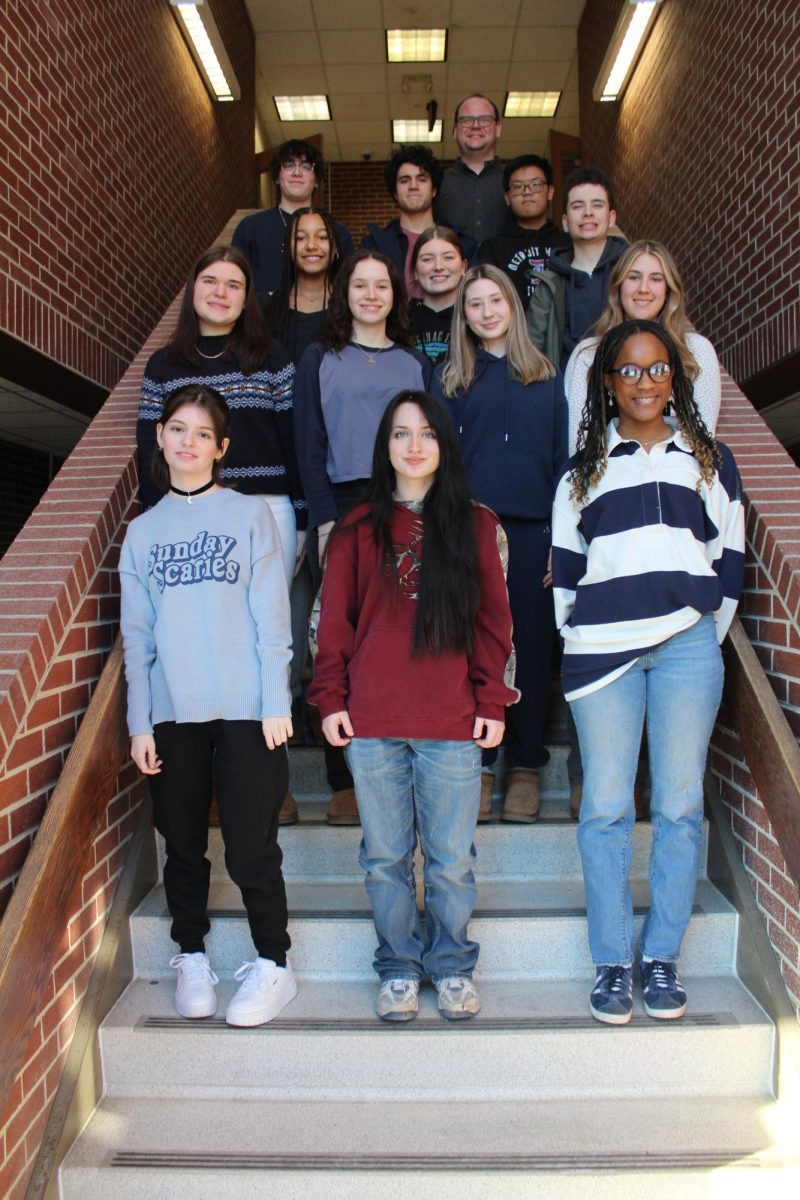

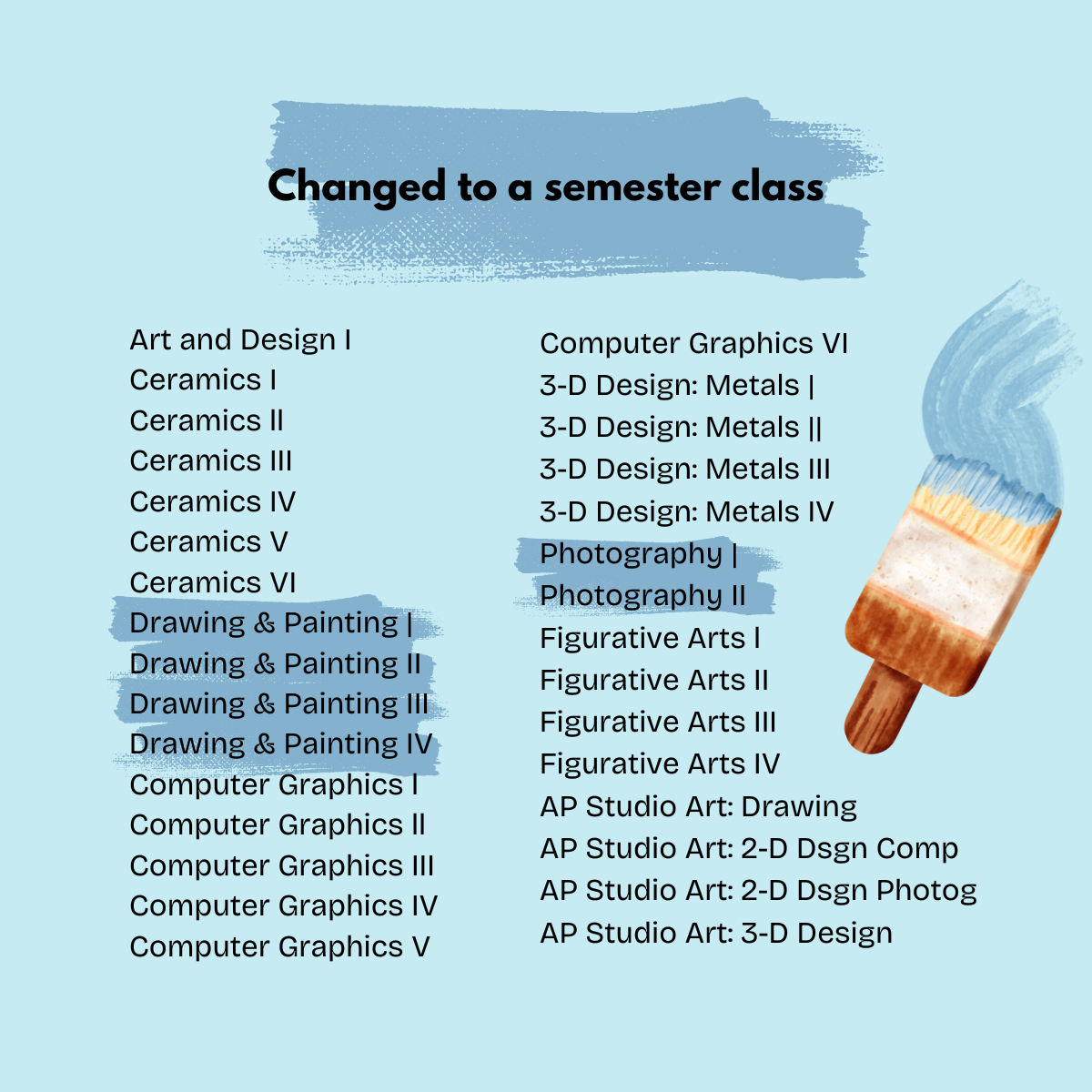
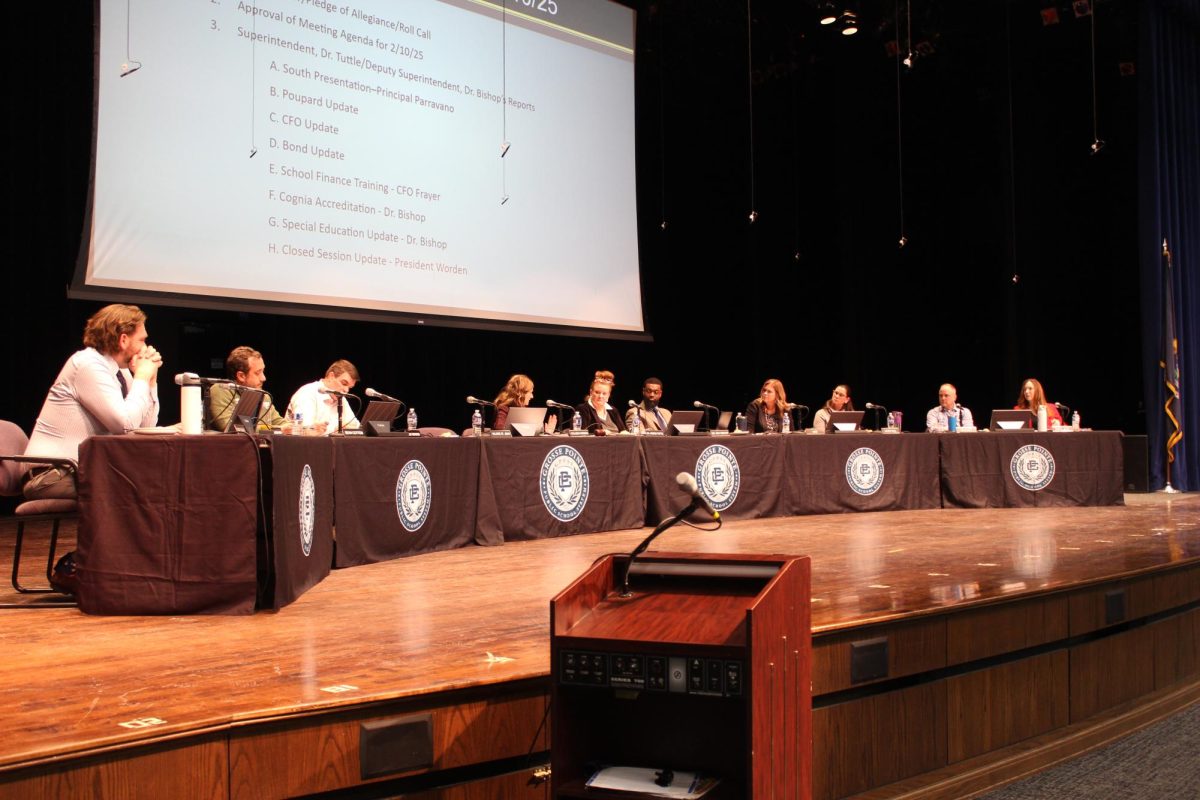
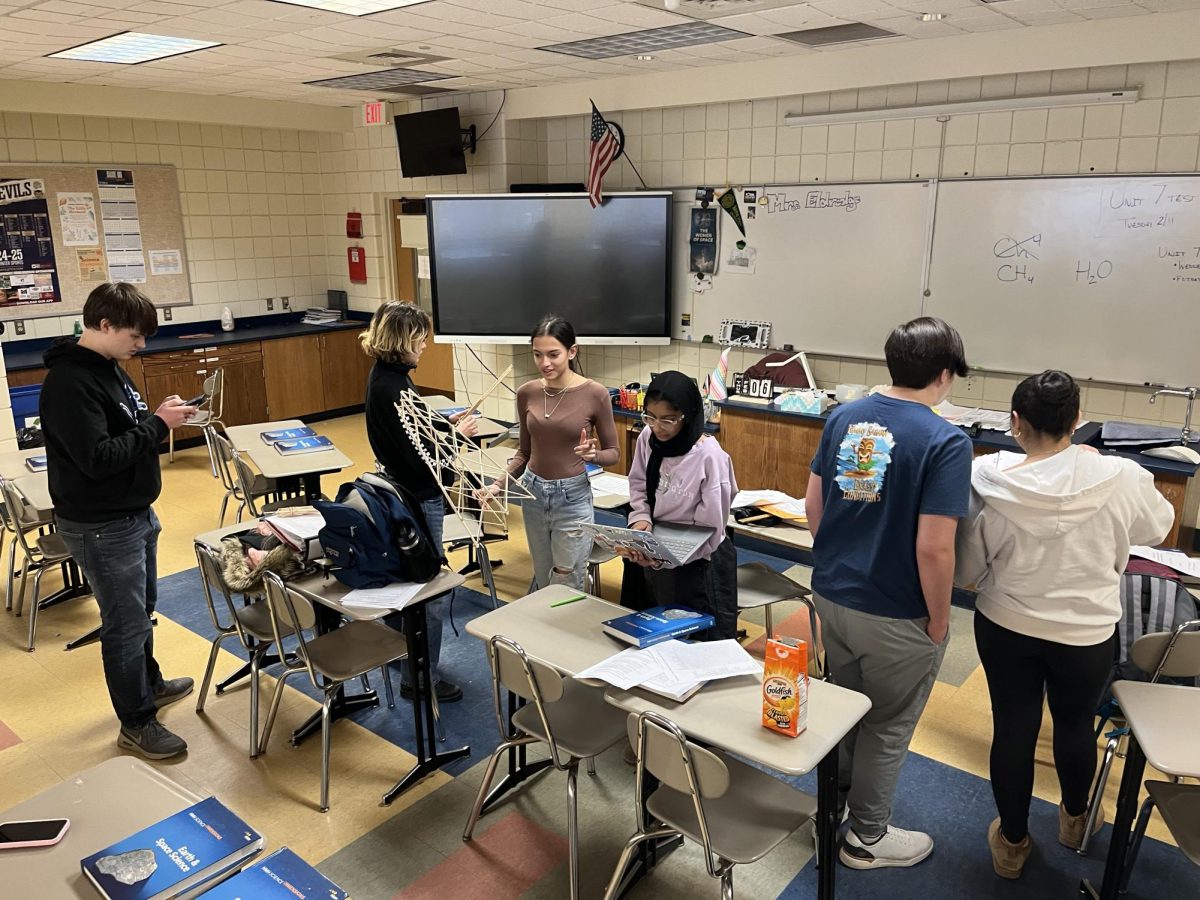






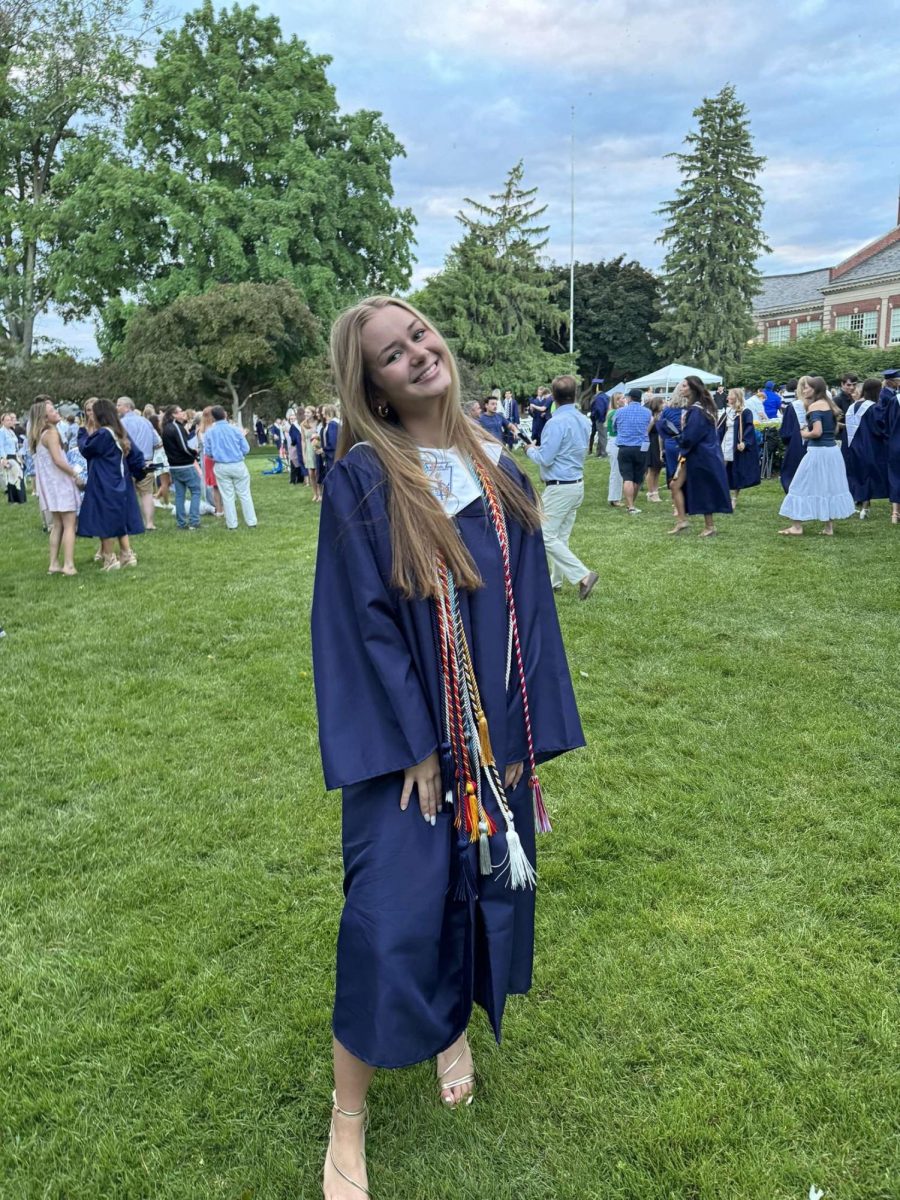
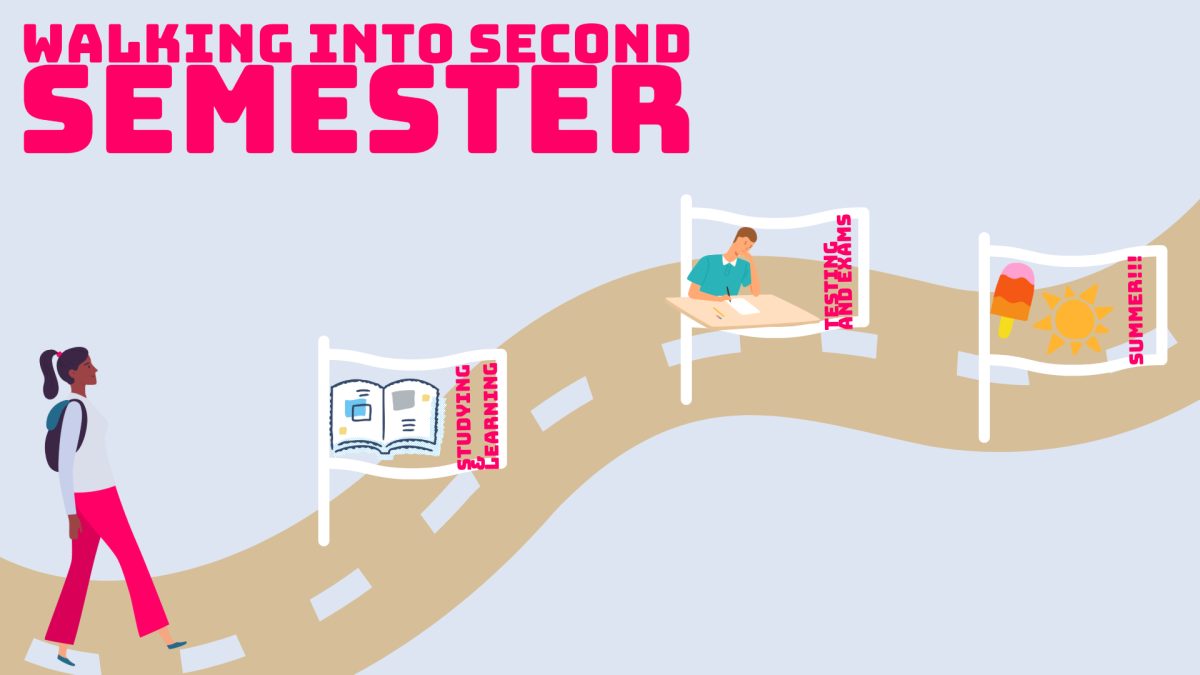
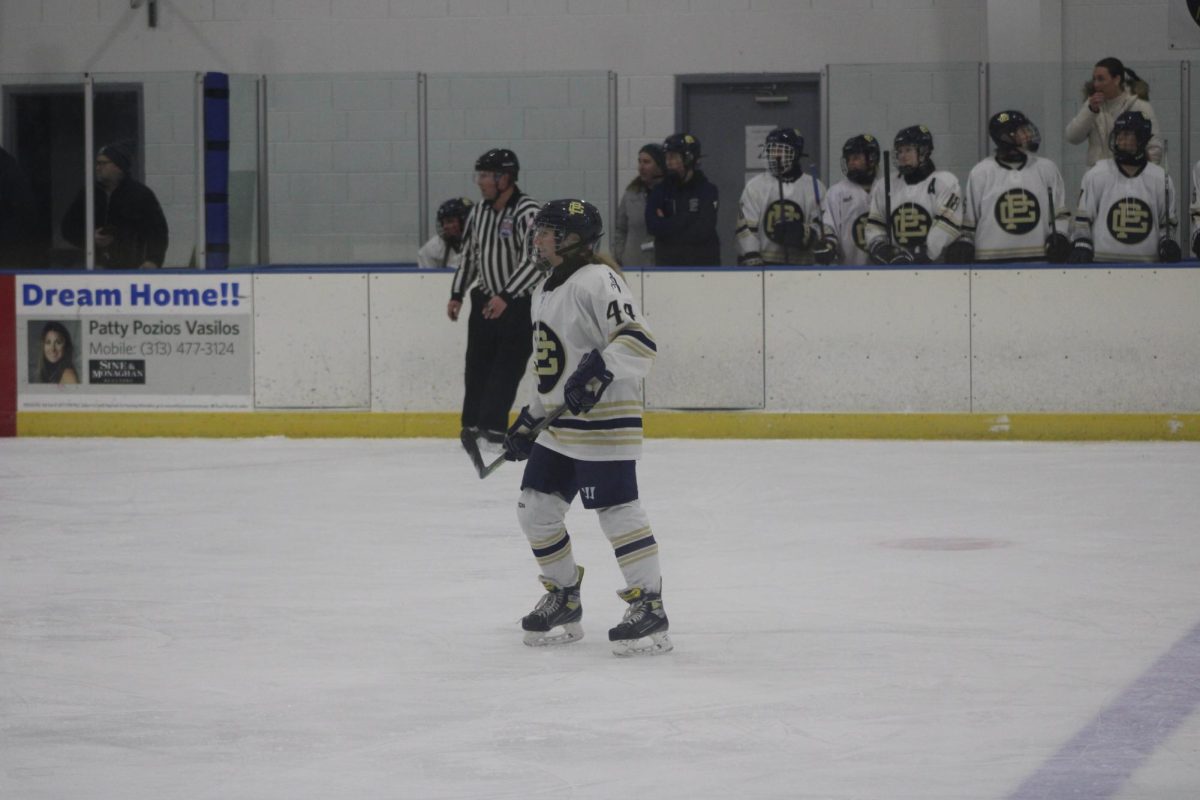











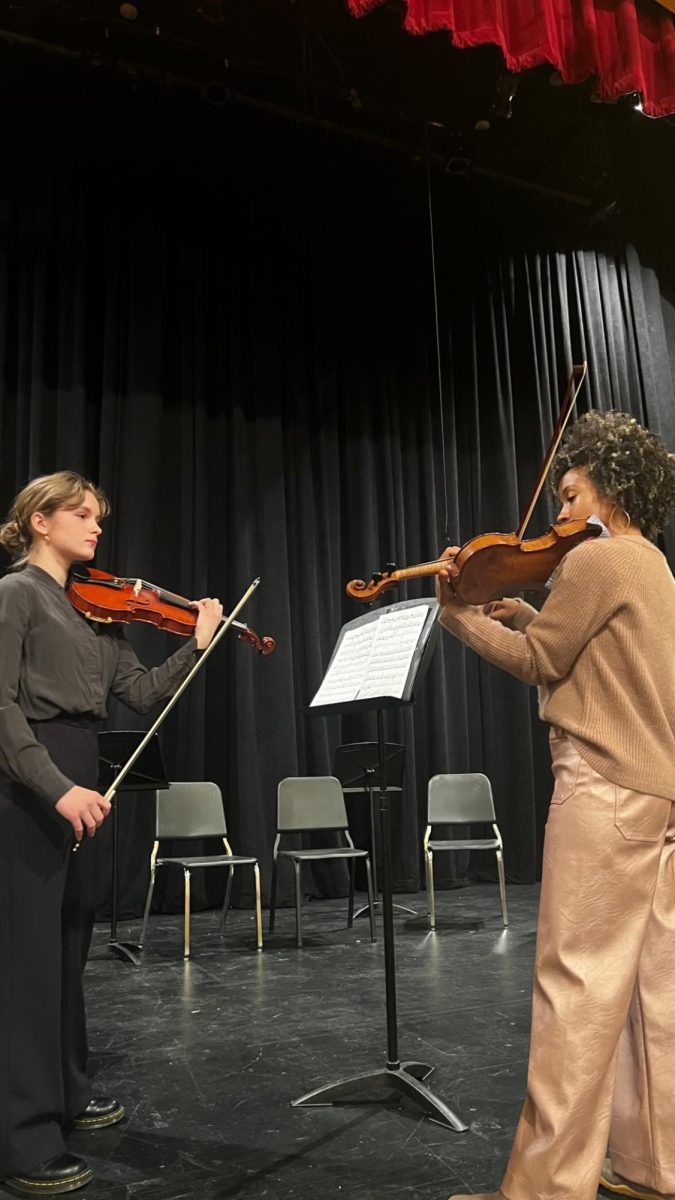











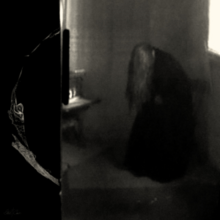

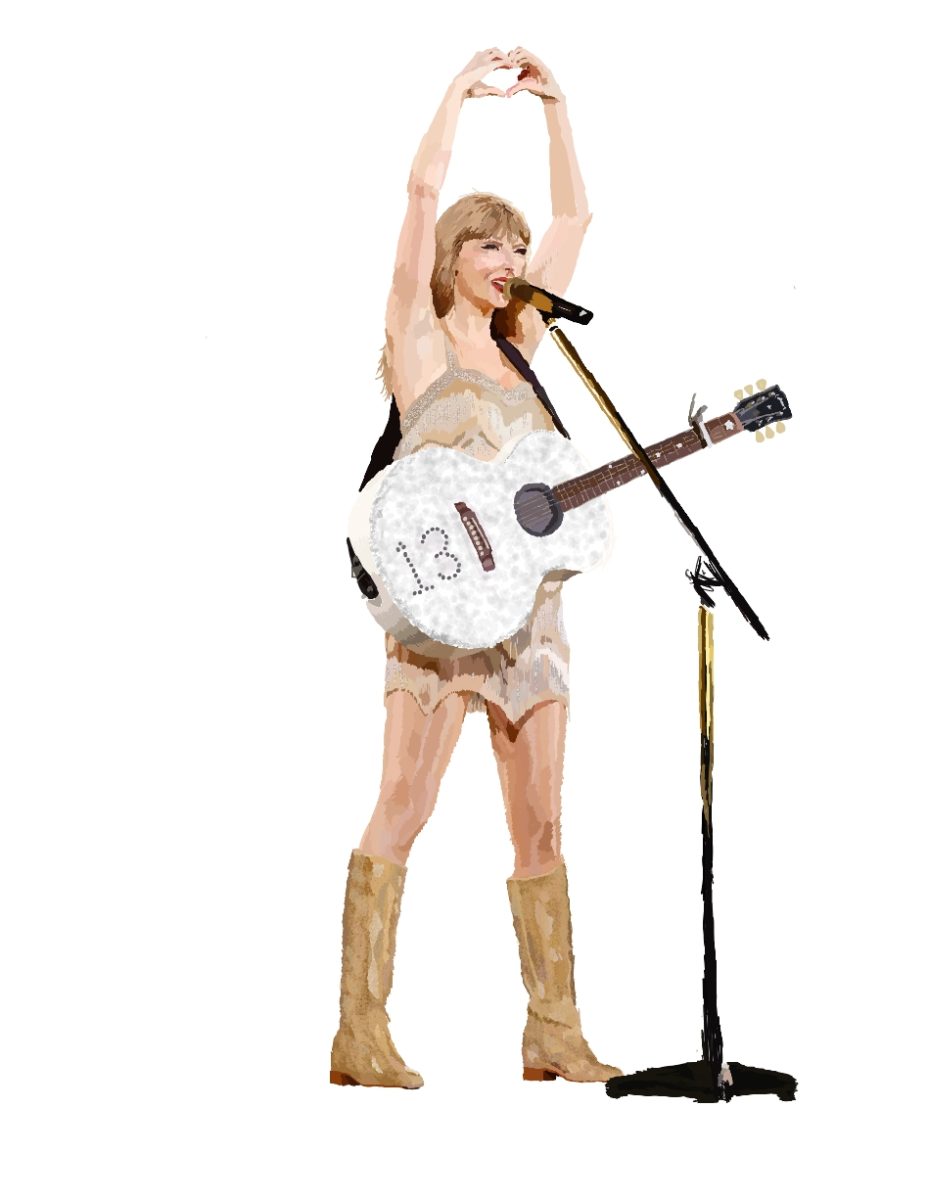



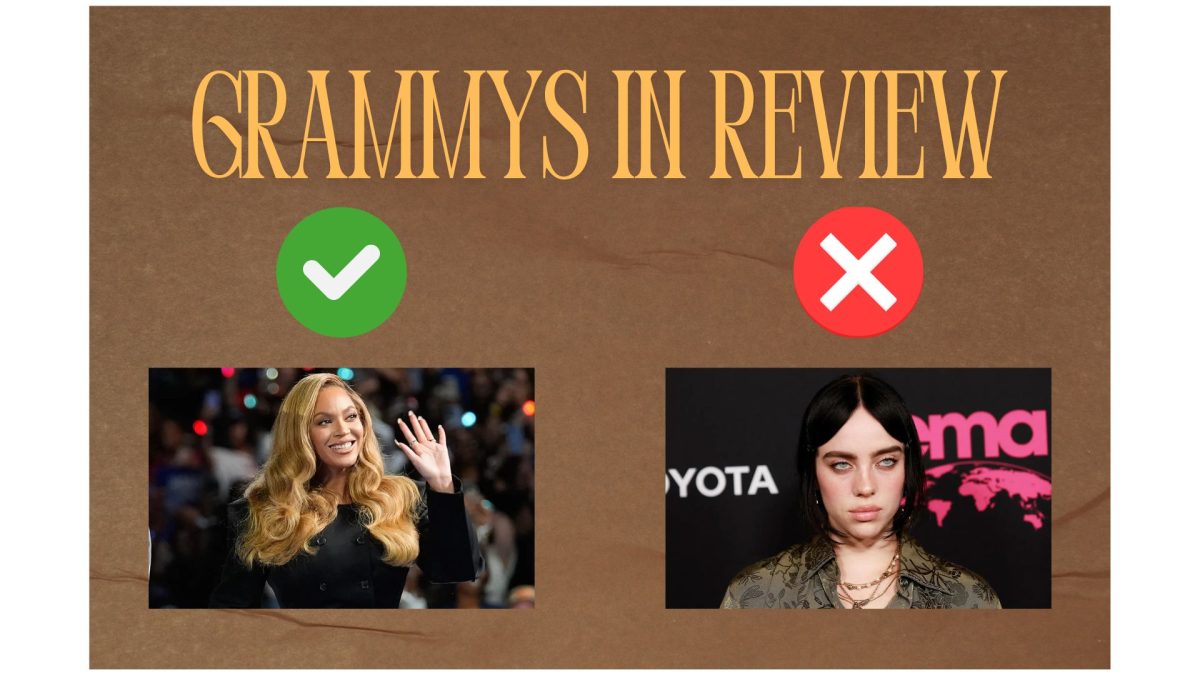
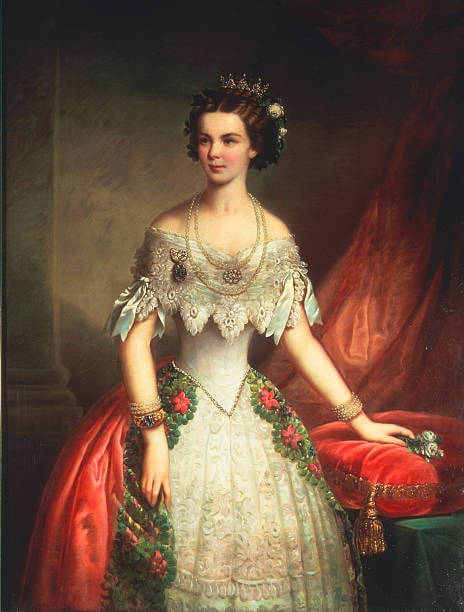


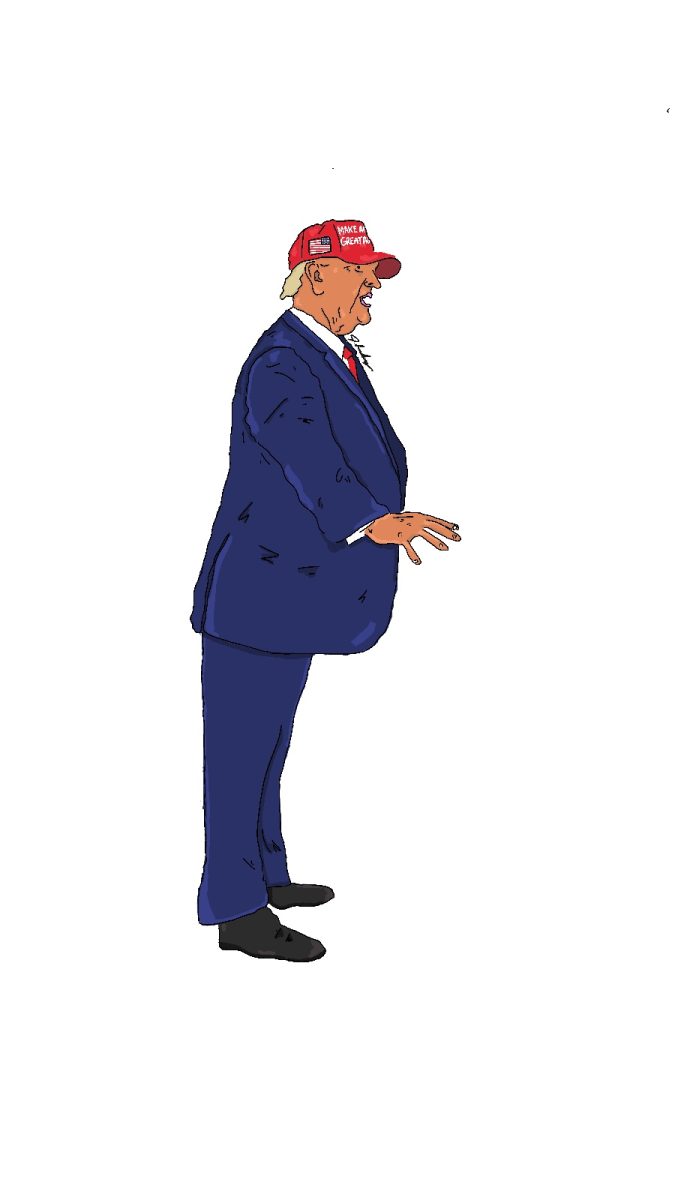



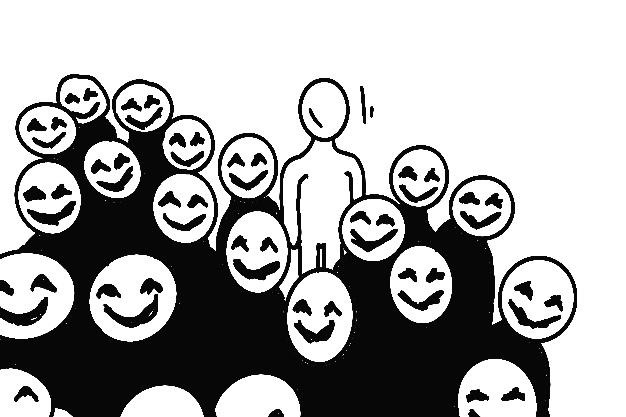






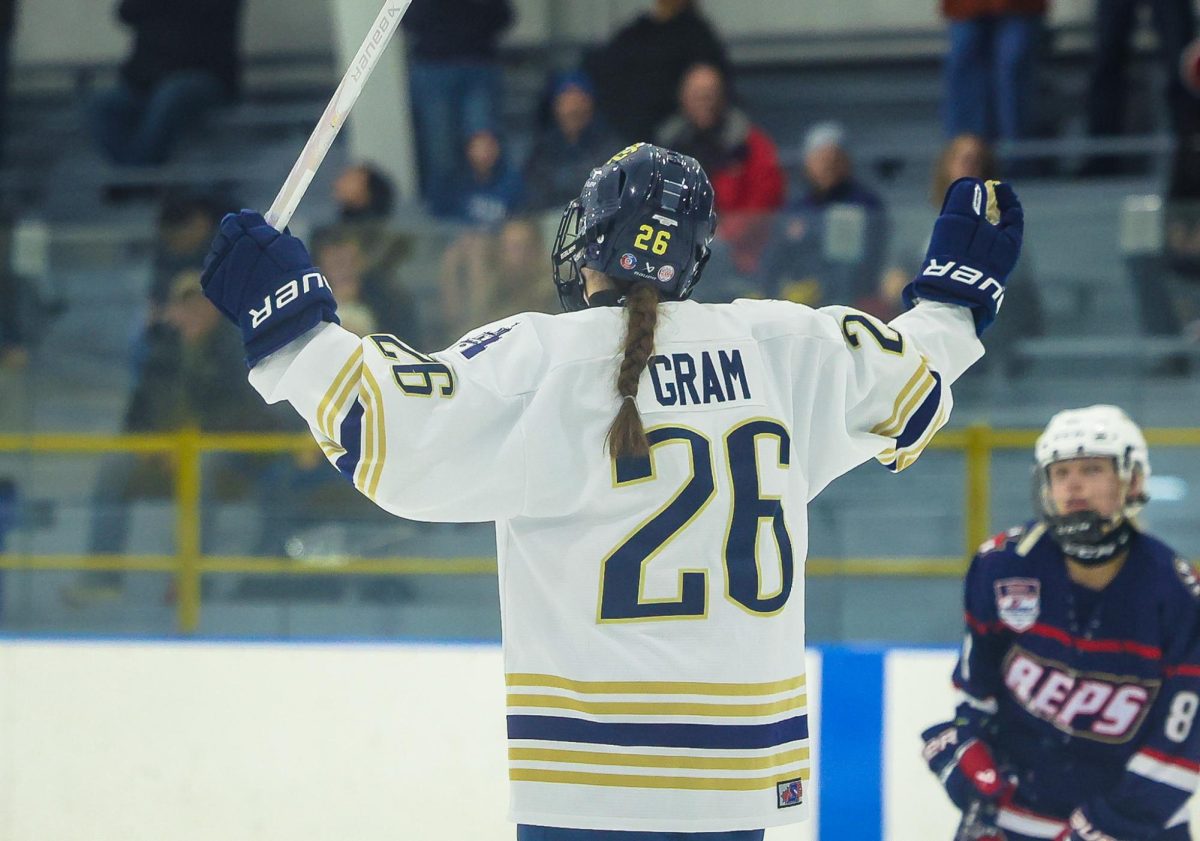
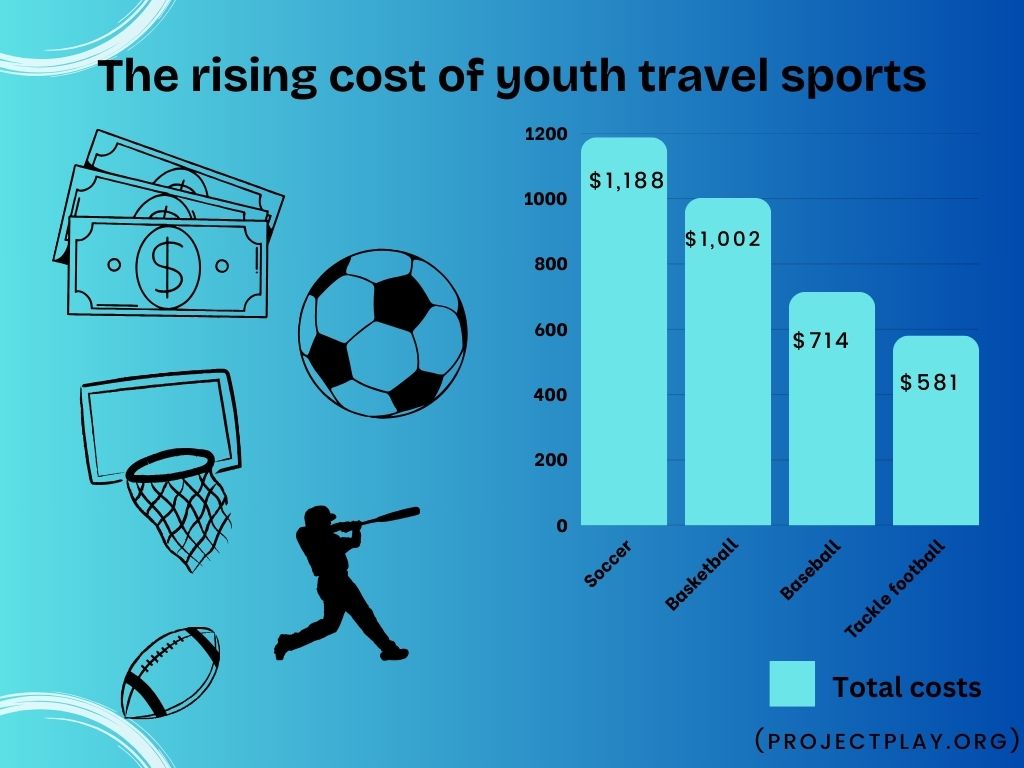
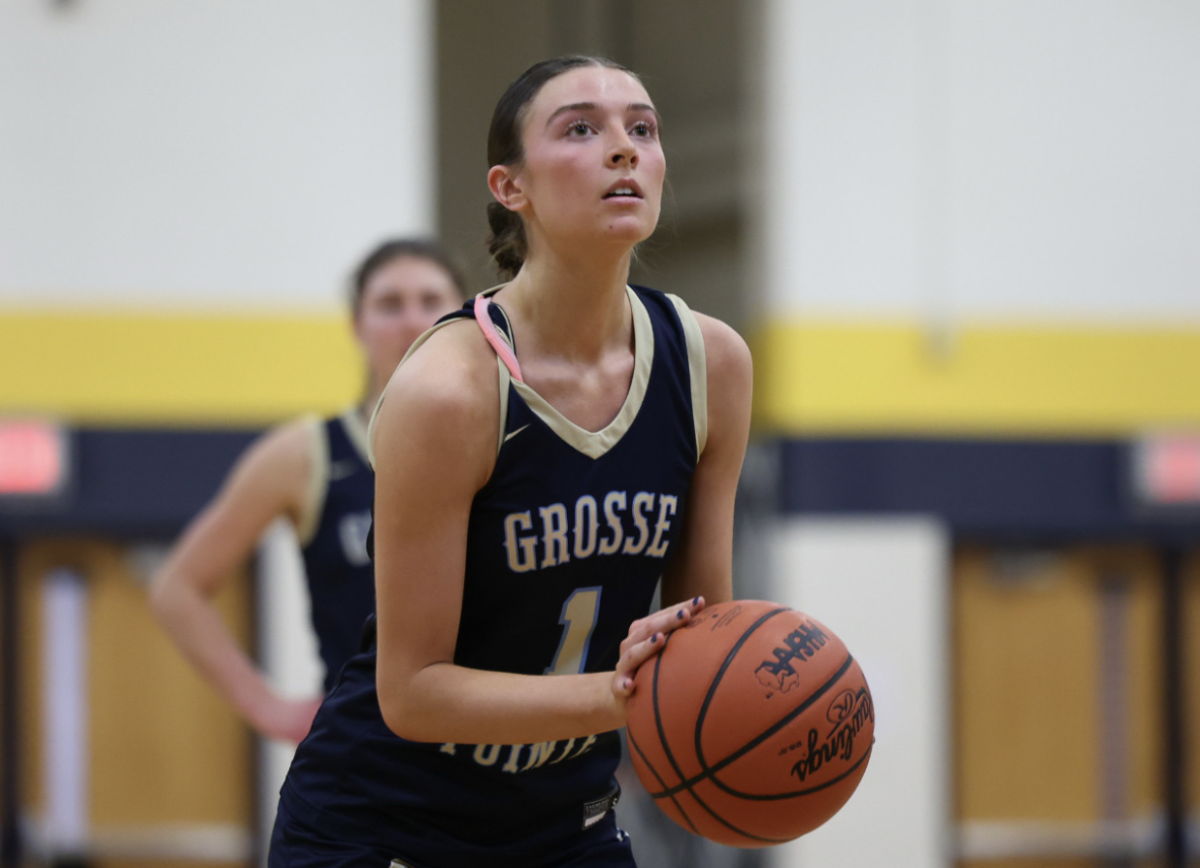






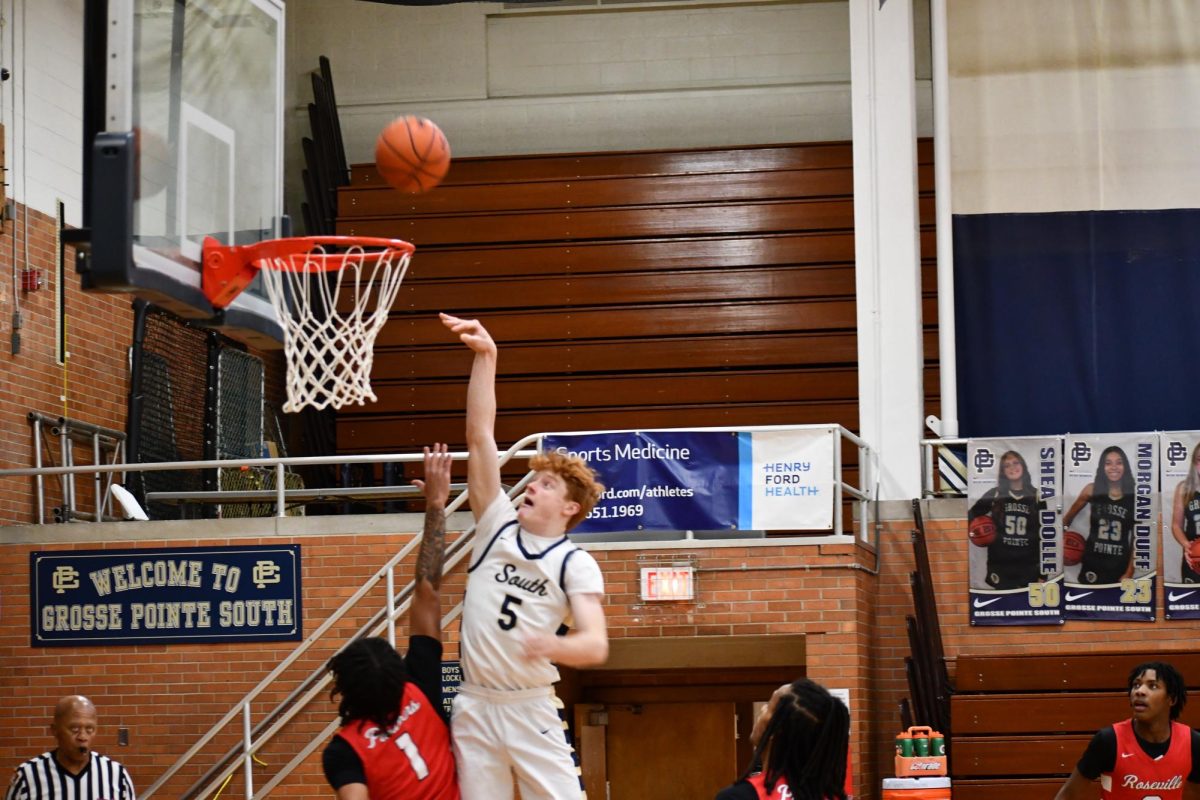




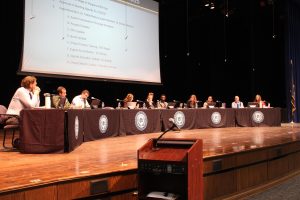
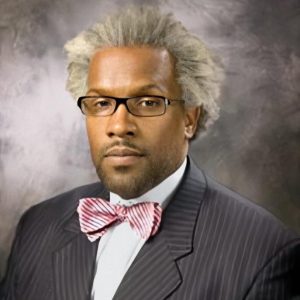

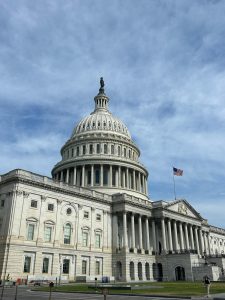
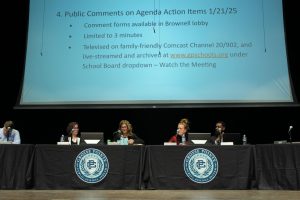
christine wujek • Jun 11, 2021 at 9:36 pm
Way to go journalists !! Do not ever compromise your integrity or allow parents / adults to back you in a corner ! GPS needs you now , GP needs you later , the world needs you always ! Thank you 😊